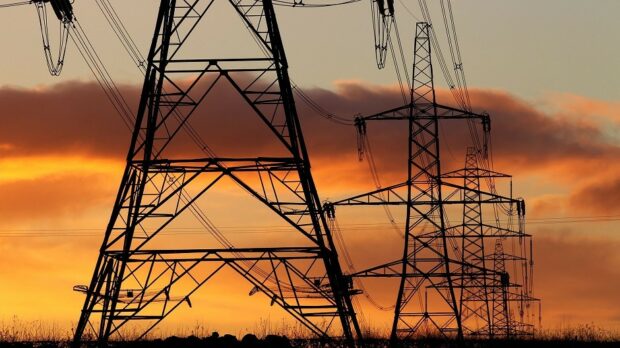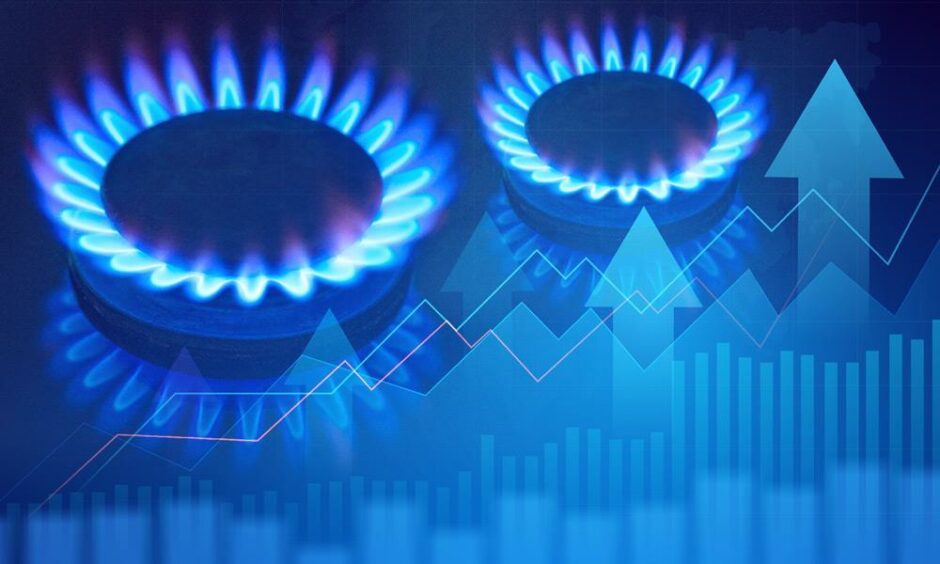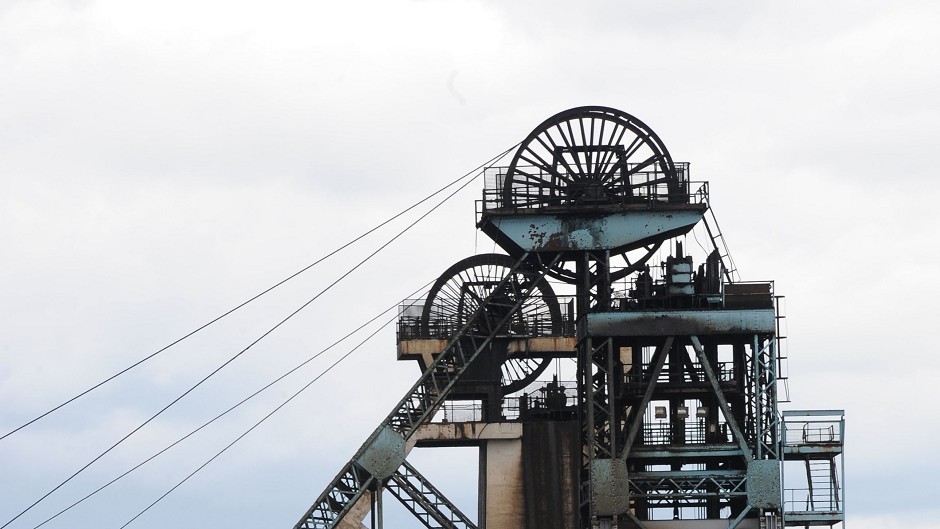North and north-east businesses and households could face days of blackouts this winter as a “perfect storm” of freezing temperatures and a lack of gas and electricity supply combine to turn off the lights.
News of the potential blackouts, which in government energy war gaming could see four days in January being earmarked for emergency rationing, comes as businesses across the north and north-east are already evaluating whether they can carry on.
The UK Department for Business, Energy and Industrial Strategy (BEIS) insists it is not expecting the worst but the fact blackouts are even being discussed will come as a worry to north and north-east businesses as they eye a rapidly approaching autumn and winter.
Under the government’s latest “reasonable worst-case scenario,” Britain could face an electricity capacity shortfall totalling about a sixth of peak demand – however, the scenario is “not something we expect to happen,” BEIS said in a statement.
Energy costs already hitting hard
Only this week, the owner of an Aberdeen Chinese takeaway was hit by a £10,000 gas bill and said he wanted to “gauge the situation” even after his huge energy bills were reduced by SSE.
The Royal Crown Chinese takeaway in Torry is at risk of collapse after soaring fuel costs left has left them struggling to make ends meet.
Owner Martin Tang said he was one of many businesses facing increased bills and there was a battle between his head and his heart on the way forward.
Mr Tang raised concerns after his gas bills rose from £1,000 to more than £10,000 per quarter. His electricity bill also shot up, rising to more than £4,000, up from £1,300 last quarter.
Bills rising threefold
However, after talks with SSE, Mr Tang will now be required to pay £3,087 – a stark contrast to the £10,000 gas bill initially projected. His electricity bill has also been cut from £4,016 to £1,429.
But the bills have still risen threefold from a combined £2,200 for a quarter to more than £4,000.
The electricity company said it was now working with accurate meter readings rather than estimated bills to help reduce the bills.
Mr Tang says the news has helped to ease the pressure.
He said: “I need to crunch the numbers with my accountant.
“My head is saying this is not workable. It is £6,000 a quarter. But my heart tells me this community loves me and I want to support them.
Those energy costs could be under even more severe pressure if the UK government’s doomsday scenario comes to pass.
Aberdeen shop sees electricity bill 200%
One Aberdeen-based fudge business has already said it will pull down the shutters on Friday as soaring bills have seen its electricity costs rise by a staggering 200%, with yet more hikes to come in October and January.
Nom Nom Fudge, on Victoria Road in Torry, has sold homemade chocolate fudge, ice cream and retro sweets to customers since August 2018.
But on the fourth anniversary of his shop opening, owner Douglas Hall has made the “heartbreaking” announcement he is closing it down.
He hopes to still sell his goods at events and online, but said with costs on the up it is no longer viable to keep the shop.
“Costs have been good all the way through and now it’s all hit at once,” he said.
Everything is increasing.”
— Nom Nom Fudge owner Douglas Hall
“We’ve been monitoring it for a while, but everything is increasing. Suppliers are going out as well due to the costs.
“We just finished our electric price cap and it has gone up by 200%. And, we’ve been told it’ll go up by another 30 to 40% in October and January.”
Government energy crisis ‘minefield’
While the Conservative party’s seemingly interminable leadership contest is taking the majority of political oxygen at the moment, either Rishi Sunak or Liz Truss will immediately face an energy cost minefield for businesses and households.
One option could be to take more gas from Europe, but with the Kremlin’s hand hovering by the gas taps as a lever to reduce sanctions imposed for its invasion of Ukraine, neighbouring countries may be loath to pump more to the UK.
Britain at least is not tied to Russian gas on anything like the scale of its European counterparts, with the BEIS pointing to existing North Sea gas fields and existing contracts with “reliable” partners.
However, where the situation is more unclear is if electricity supplied through cables from Norway, Belgium, Holland and France to the UK is reduced as countries look to protect domestic energy supply.
Ofgem to calculate price cap on a quarterly basis
The UK has huge reserves of coal but the new Prime Minister risks triggering yet more environmental protests if he or she turns to the traditional fuel.
However, the approach of winter may see coal viewed as the short-term fix the country needs.
Minds are sure to be concentrated further with energy regulator Ofgem due to calculate the price cap on a quarterly rather than six-monthly basis.




